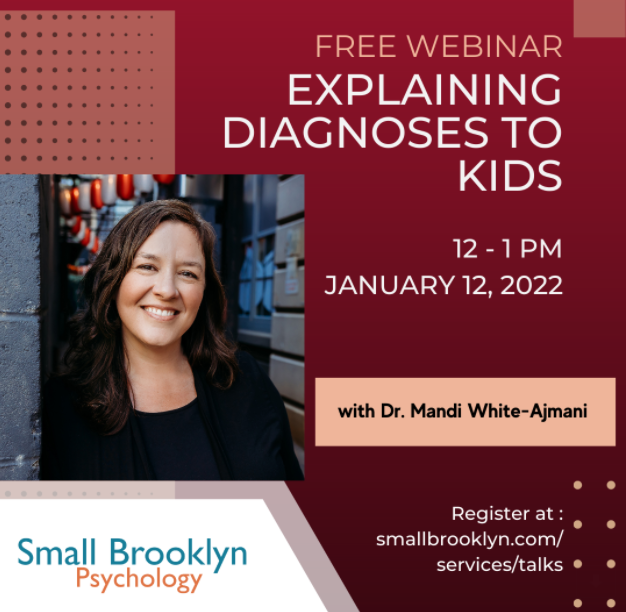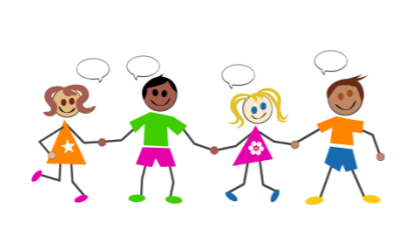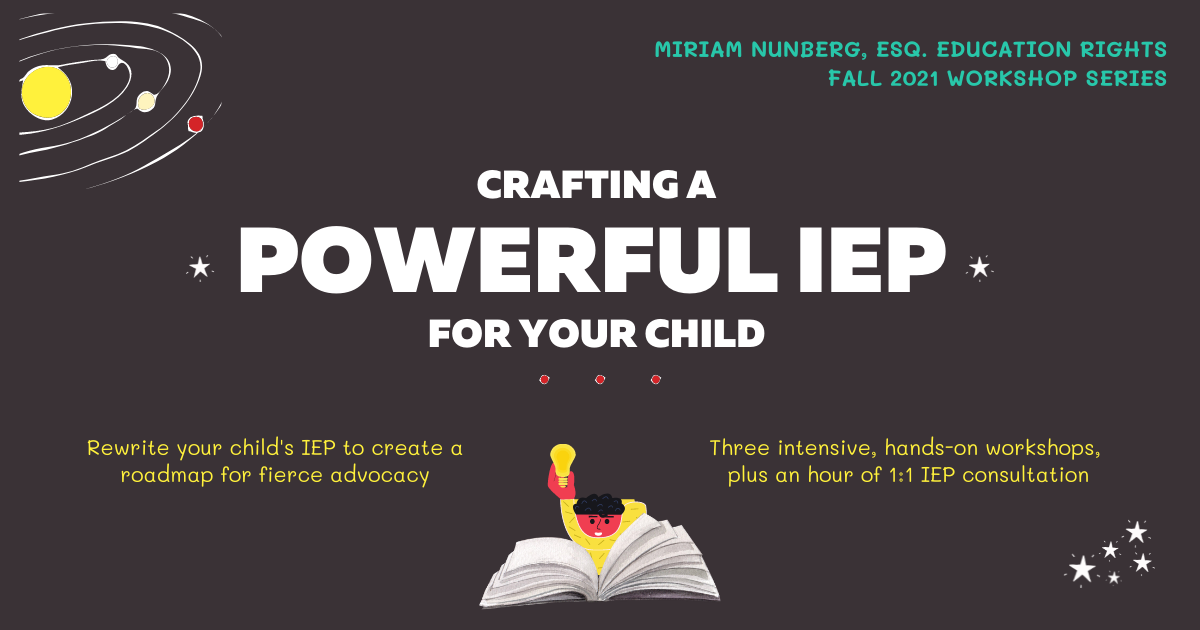
Whether your child is struggling with phonics, vocabulary, or comprehension, our reading tutoring in the Hamptons can provide the individualized attention and support they need to achieve their goals. Email us now!

Whether your child is struggling with phonics, vocabulary, or comprehension, our reading tutoring in the Hamptons can provide the individualized attention and support they need to achieve their goals. Email us now!

Assessing reading skills? Learn the basics of understanding reading level tests and how to use them to measure your student’s reading progress. Get started now!

Find the best speech therapist for you and your family in Long Island. Get personalized care and customized treatments to help you reach your goals with our speech therapists in Long Island. Contact us today!

Free Webinar from Small Brooklyn Psychology on how to explain disability to a child on January 12, 12-1 PM EST. Explaining diagnoses to kids. Register now.

Audition Slots still available for December and January’s SuperDville Casting Call. Join our cast and be part of the new wave of SEL video-based learning!!!

Speech Language Therapy Private Practice in New Jersey (NJ) who works with babies, toddlers, school-age students, and adults.

Speech Language Therapy Private Practice in New Jersey (NJ) who works with babies, toddlers, school-age students, and adults.

We are studying how intensive this treatment of Childhood Apraxia of Speech affects children’s lips and jaw movement before and after 8 weeks of treatment.

We travel throughout Westchester County, such as: Ardsley, Armonk, Bedford/Bedford Hills, Briarcliff Manor, Bronxville, Chappaqua, City of Yonkers, Dobbs Ferry, Eastchester, Elmsford, Greenburgh, Harrison, Hastings on Hudson, Hudson, Irvington, Larchmont, Mamaroneck, Mount Pleasant, Mount Vernon, Mt. Kisco, New Rochelle, North Castle, Ossining, Pelham, Pleasantville, Port Chester, Rye, Rye Brook, Scarsdale, Sleepy Hollow, Tarrytown, Tuckahoe, White Plains

We travel throughout Westchester County, such as: Ardsley, Armonk, Bedford/Bedford Hills, Briarcliff Manor, Bronxville, Chappaqua, City of Yonkers, Dobbs Ferry, Eastchester, Elmsford, Greenburgh, Harrison, Hastings on Hudson, Hudson, Irvington, Larchmont, Mamaroneck, Mount Pleasant, Mount Vernon, Mt. Kisco, New Rochelle, North Castle, Ossining, Pelham, Pleasantville, Port Chester, Rye, Rye Brook, Scarsdale, Sleepy Hollow, Tarrytown, Tuckahoe, White Plains

IEP Writing Workshop. New personalized, hands-on workshop series and consultation for parents of students with IEPs! Crafting a Powerful IEP for Your Child.

We travel throughout Westchester County, such as: Ardsley, Armonk, Bedford/Bedford Hills, Briarcliff Manor, Bronxville, Chappaqua, City of Yonkers, Dobbs Ferry, Eastchester, Elmsford, Greenburgh, Harrison, Hastings on Hudson, Hudson, Irvington, Larchmont, Mamaroneck, Mount Pleasant, Mount Vernon, Mt. Kisco, New Rochelle, North Castle, Ossining, Pelham, Pleasantville, Port Chester, Rye, Rye Brook, Scarsdale, Sleepy Hollow, Tarrytown, Tuckahoe, White Plains

Craig Selinger, a speech-language pathologist and the owner of Brooklyn Letters, shares best tips for raising bilingual children to optimize success and stay on top of developmental milestones.